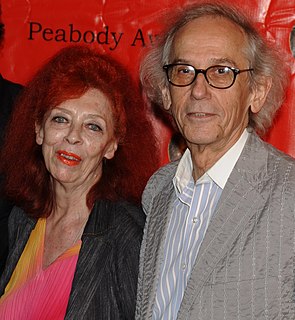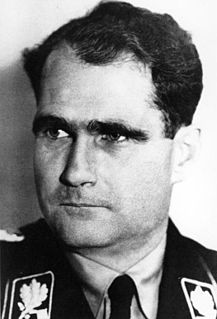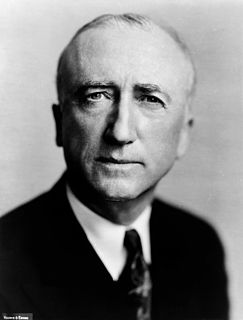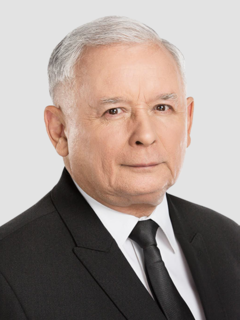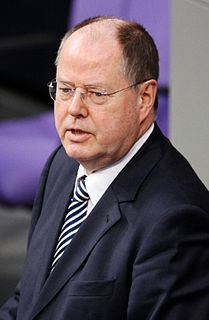A Quote by Christo
Germany is an economic giant but a political midget, and with the end of the Cold War she has started to muscle her presence throughout Europe and the world.
Related Quotes
Germany has become the economic heart of Europe because our leaders are weak. But Germany should never forget that France is Europe's political heart. What is happening here today foreshadows what will happen in the rest of Europe in the coming years: the great return of the nation-state, which they wanted to obliterate.
It's important to remember that World War II was experienced very much as a continuity in that sense. Most of World War II in most of Europe wasn't a war; it was an occupation. The war was at the beginning and the end, except in Germany and the Soviet Union, and even there really only at the end. So the rest of time it's an occupation, which in some ways was experienced as an extension of the interwar period. World War II was simply an extreme form, in a whole new key, of the disruption of normal life that began in 1914.
I hope that the outside world will realise that Hitler's government has no idea of steering towards war, even though this has often been asserted abroad. As Adolf Hitler himself has said, Germany has no need of another war to avenge the loss of her military honour, because she never lost that honour. Germany does not want war of any kind. Germany wants real and abiding peace.
Angela Merkel embodies Germany's 20th century fate. It is not up to me to pass judgment on her place in history, but I believe that she is the chancellor of Germany's reconciliation with Europe. She stands for a Germany for whom globalization has been a success and which accepts its role in foreign and defense policy. I thought the way she dealt with the refugees was courageous. I think she is the chancellor of reconciliation.
20 minutes later: a girl on Himmel Street. She looks up. She speaks in whisper. 'The sky is soft today, Max. The clouds are so soft and sad, and...' She looks away and crosses her arms. She thinks of her papa going to war and grabs her jacket at each side of her body. 'And it's cold, Max. It's so cold.
War and culture, those are the two poles of Europe, her heaven and hell, her glory and shame, and they cannot be separated from one another. When one comes to an end, the other will end also and one cannot end without the other. The fact that no war has broken out in Europe for fifty years is connected in some mysterious way with the fact that for fifty years no new Picasso has appeared either.
One has to explain to people that the EU in this form is the answer both to 1945 and to the 21st century, in a dramatically altered world with new heavyweights, and that Germany benefits from the continued integration of Europe in political, economic and societal ways. And, of course, that means the Germans will have to pay.
